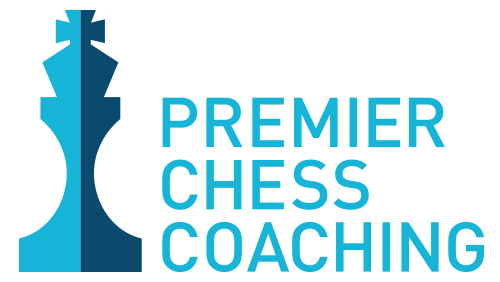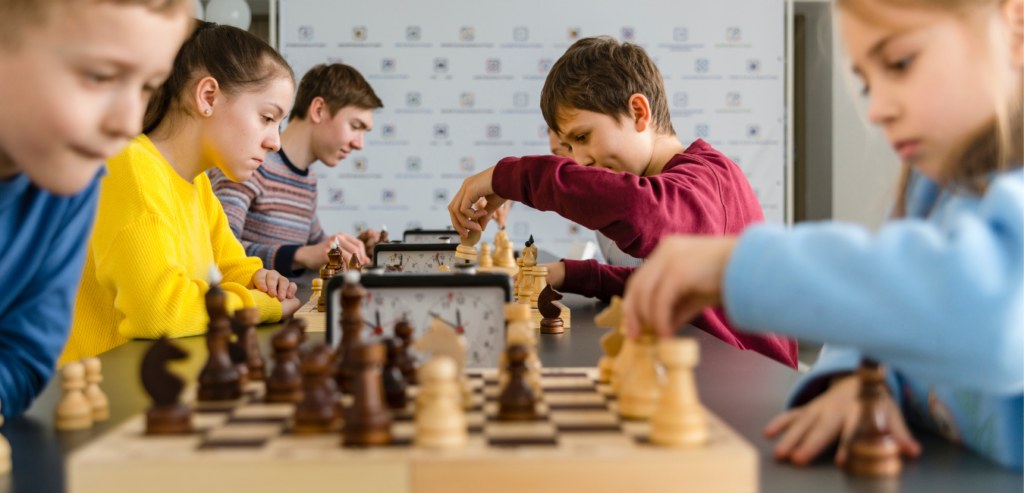If you follow our blog posts, you probably know by now that chess is more than just a game. As a matter of fact, chess is a powerful tool that can significantly impact students’ academic progress and social development. Joining a chess club allows students to engage in a strategic and mentally stimulating activity beyond traditional academics. In this article, we’ll delve into the various benefits of chess clubs for students, from fostering critical-thinking skills to creating lasting social connections.
Cognitive Development and Critical Thinking
Strategic thinking and planning are integral parts of chess. Engaging in chess cultivates cognitive proficiencies, encompassing problem-solving, pattern recognition, and logical reasoning through analysing moves and predicting opponents’ strategies. Students develop analytical skills that can have a positive spill-over effect on their academic performance across subjects.
Improved Concentration and Focus
Chess requires a high level of concentration and focus. Engaging in chess games helps students develop the ability to maintain attention for extended periods, a skill that proves invaluable in classroom settings. Students become more adept at absorbing and processing information efficiently by honing their concentration skills.
Enhanced Memory Retention
Playing chess involves memorizing various openings, tactics, and strategies. This exercise sharpens memory retention skills, directly benefiting students in subjects that require retaining and recalling information, such as history and science.
Confidence Boost
As students progress in chess and achieve victories, their confidence levels naturally increase. This newfound self-assurance transcends the chessboard, empowering students to tackle academic challenges with a positive attitude and self-belief.
Stress Reduction and Mindfulness
Chess is a calming and meditative activity that encourages students to be present in the moment. Engaging in strategic thinking during a game can provide an escape from stressors, fostering a sense of mindfulness and emotional well-being.
Social Interaction and Sportsmanship
Chess clubs provide unique platforms where students can connect with peers with common interests. Through friendly matches and club events, students learn the importance of sportsmanship, fair play, and respect for opponents—a valuable lesson beyond the chessboard.
Inclusivity and Diverse Connections
Chess transcends age, gender, and background, making it an inclusive activity. Students can interact with individuals they might not typically cross paths with, fostering diverse connections and broadening their social horizons.
Long-Term Skill Building
Chess is a skill that can be honed throughout one’s life. By starting early and participating in chess clubs, students lay the foundation for a lifelong interest that provides continuous cognitive stimulation and recreational enjoyment.
In conclusion, the advantages of joining a chess club are extensive and multifaceted for students. Chess clubs offer a holistic learning experience beyond the classroom, from academic growth to improved social interactions. By embracing the challenges and joys of the game, students can develop critical life skills that will support them well in their academic pursuits and beyond.


